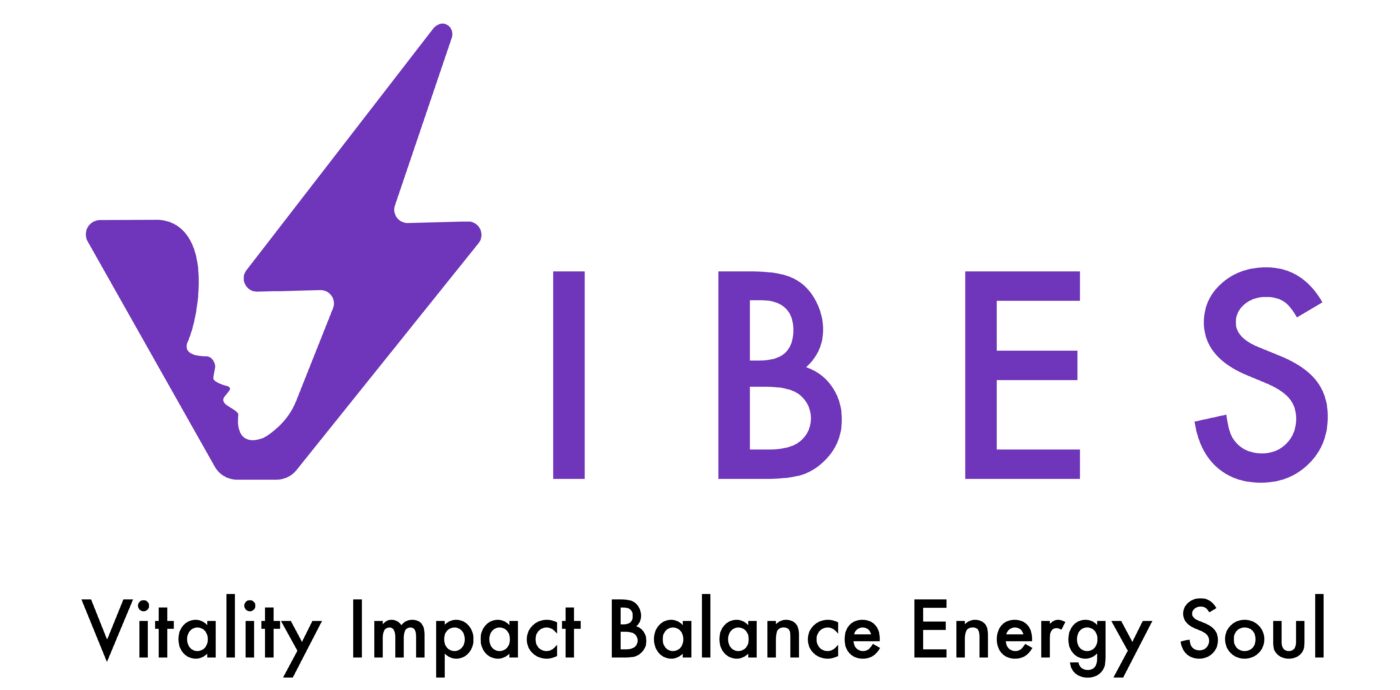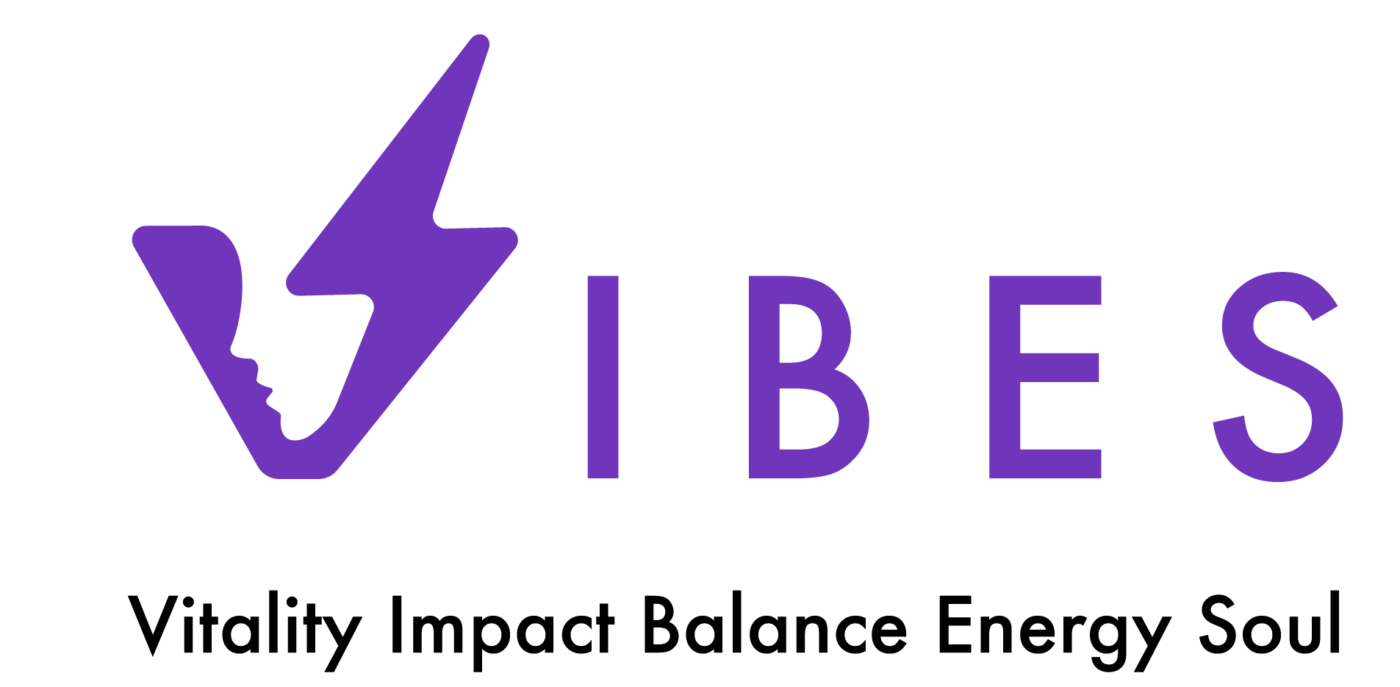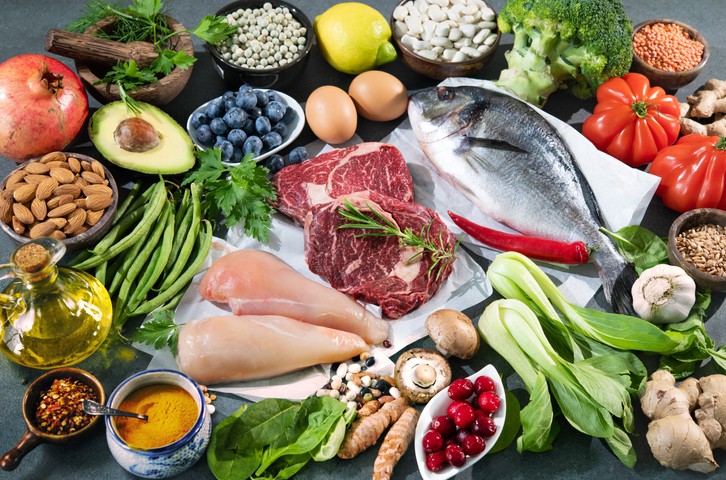The Recommended Daily Intake (RDI) of Protein
Protein is one of the main nutrients that are present in the human body. It is quite essential for the survival of a human being and is responsible for most structural aspects of the human body. We need protein to put flesh on our bones and to build hair, blood, enzymes and even more. Protein does the majority of work in our cells and is equally responsible for everything body tissue and organ-related (What are proteins …, n.d.).
Proteins are made up of Amino acids and eight out of twenty are essential. This means that we can’t produce them by ourselves, making them only available through food. Red meat is a prominent source of protein, yet the body’s ability to absorb protein from meat is lower than if a protein comes from a combination of animal and plant-based sources says Japan’s Q’Sai Co. Plant-based protein sources include beans, lentils, quinoa and oats.
There have been different debates on how much protein we should consume for it to be enough. This tends to be a bit tricky since the necessary amount of protein is unique to each and every one of us and depends on our lifestyle. There is a common misconception with regards to protein since a majority tends to think that they consume more protein than necessary but it’s quite the opposite most of the time.
The recommended amount of protein for an adult is 0.8 grams of protein for every kilogram of body weight. Which is for an individual leading an average life with no specific fitness goals (Protein, n.d.). But this changes significantly depending on the health goals we set for ourselves.
Building Muscle
Working out regularly and wanting to gain muscle changes the protein intake game altogether. The recommended intake goes from 0.8g per Kilogram to 1.6 grams per KG. This is mainly because it requires a lot of amino acids to rebuild torn muscles. A study done in 2011 concluded that a range of 1.3-1.8 grams of protein is optimum for athletes and individuals training to gain muscle (Phillips and Van Loon, 2011).
Burning Fat
Increasing your protein intake can aid you in your weight loss journey. The fact that protein tends to fill you up faster plays a crucial role in this as well. Protein will also increase thermogenesis, thus you will burn more fat. Experts suggest that you consume around 2 grams of protein per kilogram of body weight to help aid in weight loss and keep you feeling satiated.
References
Phillips, S. and Van Loon, L., 2011. Dietary protein for athletes: from requirements to optimum adaptation. Journal of sports sciences, [online] pp.S29–S38. Available at: <https://pubmed.ncbi.nlm.nih.gov/22150425/> [Accessed 20 April 2021].
Medlineplus.gov. n.d. What are proteins and what do they do?: MedlinePlus Genetics. [online] Available at: <https://medlineplus.gov/genetics/understanding/howgeneswork/protein/> [Accessed 20 April 2021].
The Nutrition Source. n.d. Protein. [online] Available at: <https://www.hsph.harvard.edu/nutritionsource/what-should-you-eat/protein/> [Accessed 20 April 2021].


